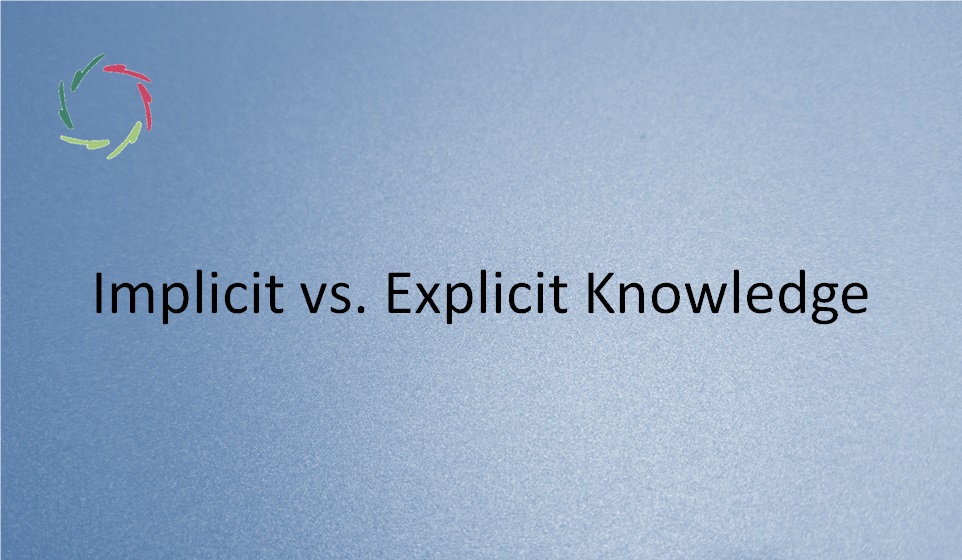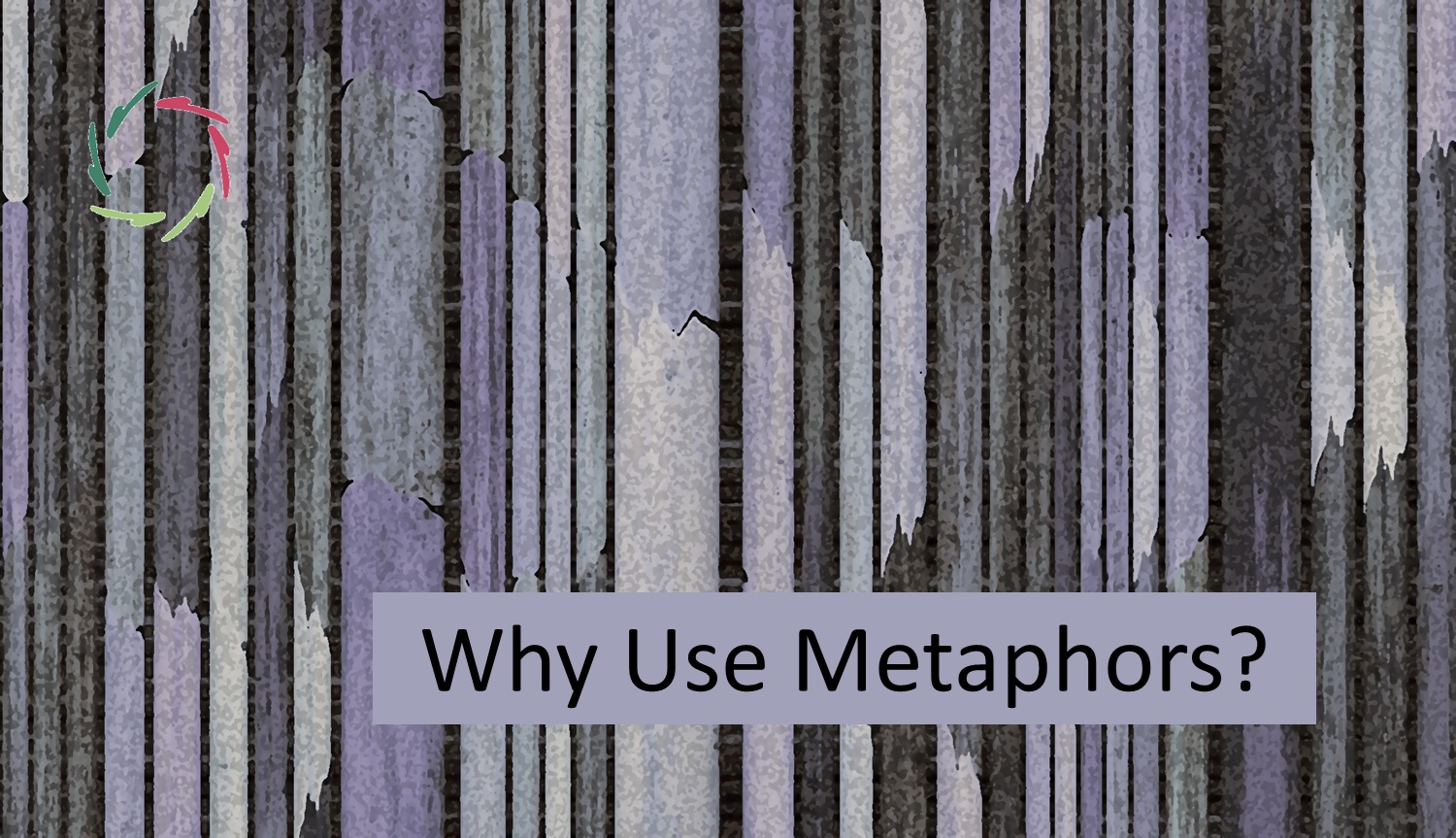Implicit vs. Explicit Knowledge

The resulting mindscape is central to many things in the past, present, and future.
Explicit lives in the power of the thinker.
Implicit knowledge is not readily available for further processing. Nevertheless, with the right tools or insight, it may become more so ― thus gradually becoming more explicit while the source remains the same.
For instance, knowledge may be ‘hidden’ (implicit) in textual format. With modern NLP tools, this may be extracted (made explicit). To the user of a perfect NLP tool, therefore, it wouldn’t matter in which format this knowledge is available. He can use it in the same way ― explicitly from the start.
For insiders: This is also a simple and sufficient refutation of Searle’s Chinese Room argument against ‘hard A.I.’ if the latter would be possible to start with.
Explicit knowledge can be used at a higher, more abstract level.
It can be put in an algorithm. Heuristic rules can be made. It can be worked with more efficiently, with fewer resources needed to make it operational (while, of course, losing much implicit information by doing so).
This way, the judicious use of explicit knowledge (preferably in combination with the implicit counterpart) enables more intelligence. Nevertheless, it remains relative. A super-intelligence might care less, but we are humble humans, aren’t we?
Knowledge in our head
People generally think of their thinking as highly conceptual. Compared to non-human animals, that is correct. Indeed, it gave us the edge. Still, no mental-neuronal pattern is entirely conceptually perfect — only good enough for nature’s purpose to make our ancestors and ourselves survive and thrive.
Humans think subconceptually, continually, but only partly bootstrapping this into the conceptual. Our wondrously conceptual self-image is little more than a basic cognitive illusion.
So, if a system acts as if it can reason explicitly with only implicit knowledge as a source, can one say that it is, indeed, an explicit reasoner? Is it conceptually intelligent — more perhaps if this happens at several levels of abstraction?
Into the future
Lately, this question has become more intriguing with the burgeoning of artificial Transformer Technology. We are at the start of its possibilities that will certainly take a high flight in combination with other concept-friendly technologies.
This combination will deeply integrate implicit and explicit knowledge/intelligence. Let’s hope it will lead to Compassionate A.I. It has this potential ― as well as the reverse.
Degree of implicitness
One can see 100% explicitness in a pure, abstract, discrete concept. It doesn’t even need to concord with anything in reality. A pure concept has the necessary and sufficient characteristics that define it, and which are also purely conceptual. This way, one can build a purely conceptual ‘semantic network.’
On the other side, implicitness is always limited to a certain degree. Nothing is purely implicit. Being purely implicit would mean there is only chaos, and a chaotic concept is no concept. It just doesn’t exist.
A concept with a low degree of implicitness is relatively explicit. There is a continuum that ends, as said, with zero implicitness / pure explicitness — in principle, at least. Most of the concepts humans use cannot be purely conceptualized since they only exist in our heads.
Problems arise when we think our concepts are much more explicit than they are.
Consciousness?
This same kind of continuum (probably even just the same) can be discerned between human consciousness as a subjective experience and its absence.
Pure human Platonian consciousness can be abstractly thought of, but it is impossible. From there, one can be less and less conscious until non-existence.
One cannot be consciously aware of implicit knowledge.
One can consciously (intuitively) be aware that something ineffable (implicit) is present. Then, conscious awareness is about the being present of the ineffable, not its content.
Explicitness in conceptualization is a precondition for – and an essential element of – ‘consciousness’ as is generally conceived — no consciousness without intelligence.
Explicitness is also related to communicability, leading to a higher degree of the latter.
This makes the confusion understandable of seeing language (or, more generally: reportability) as a necessity for consciousness as if no consciousness is possible without language.
Of course, language is an excellent instrument for developing consciousness. Here lies another intriguing issue: consciousness as communication.


